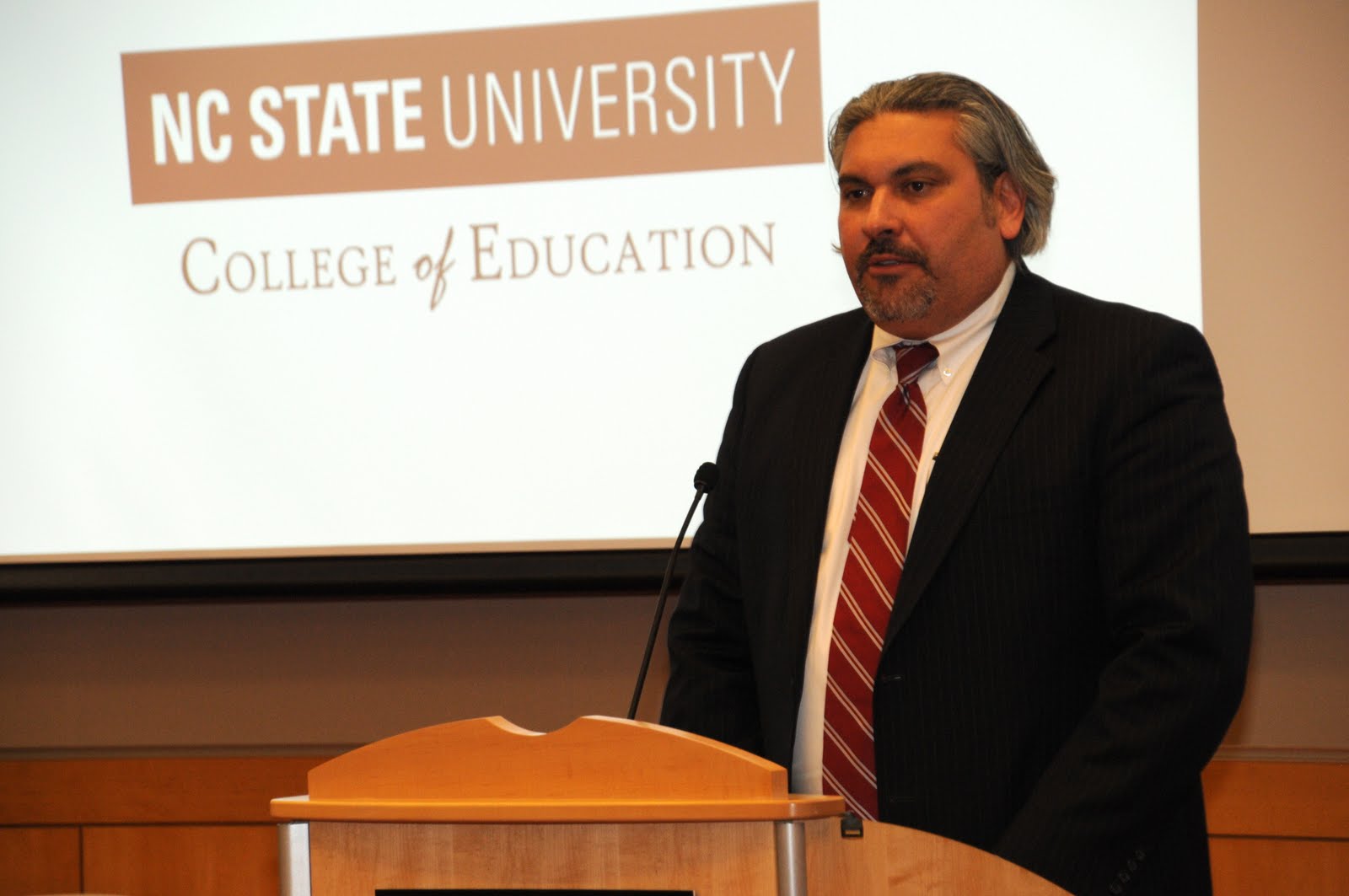|
2013 Pre-Conference Workshops
Thursday, September 12, 2013, Koʻolau Ballrooms, Kāneʻohe
- A. Introduction to Conflict Resolution, 9:00am-12:00pm
- B. InQuiry: Q Methodology as a Participatory Evaluation Process, 1:30-4:30pm
A. Introduction to Conflict Resolution
by Marina A. Piscolish
9:00 am - 12:00 pm, Thursday, September 12, 2013 (lunch provided, 12:00 pm, Honey's at Ko'olau restaurant)
Managing expectations, relationships and negotiating the work – all at the same time is a tall order and one that not all evaluators feel prepared to meet. Conflict Resolution is the integration of three critical skill sets: effective communication, collaborative problem solving and emotion management. Every evaluator knows that the best evaluations produce sound information to support accountability, inform planning and strengthen program implementation – all while nurturing relationships to enhance confidence in the evaluator and commitment to effective use of results. This highly interactive three-hour Introduction to Conflict Resolution workshop is designed to support evaluators’ capacity to manage emotions, listen deeply, understand client needs, and form collaborative problem statements that can be used to generate creative solutions to challenges, whatever their source may be. While intended only as an introduction, this session will provide knowledge and skills of immediate practical value to participants.
Agenda
:10 Conflict as an Opportunity for Positive Change
:20 Conflict Styles and their Role in Shaping Outcomes
:60 Concepts and Skills of Collaborative Problem Solving and CR
:15 Break
:15 Demonstration
:30 Practice Active Listening, Reframing & Collaborative Problem Statements
:05 Closing Comments
:10 Participant Reflections
:05 Session Evaluation
This workshop will benefit from Marina’s rich island-based experiences as an evaluator, facilitator, mediator and trainer of collaboration and conflict resolution.
|
A Sampling of Clients Served
|
B. InQuiry: Q Methodology as a Participatory Evaluation Process
by Matthew Militello and Christopher Janson
1:30 pm - 4:30 pm, Thursday, September 12, 2013 (lunch provided, 12:00 pm, Honey's at Ko'olau restaurant)
Q methodology uses distinct psychometric principles and operational procedures in order to provide researchers with the means to systematically and rigorously identify, describe, and examine human subjectivity (see www.qmethod.org). In doing so, Q methodology uses correlation and factor analysis to reveal the subjective structures of attitudes, opinions, or perspectives that are shared by people around virtually any topic. Participants at this workshop will not only learn about the theoretical elements of Q methodology as a research tool, but will learn about how the presenters have applied Q methodology as an process for community-engaged evaluation which they have called “inQuiry.” Importantly, attendees will also participate in a real-time inQuiry process. Participants will receive guides and tools in order to conceptualize and frame their own Q studies or evaluative process.
Learning Outcomes
- Understanding of the theoretical and research aims and research process of Q methodology.
- Understanding of the use of Q methodology as an evaluation approach and the rationale to do so.
- Experience the application of Q methodology as the generative, participatory evaluation approach that we have named inQuiry.
Agenda
What is Q methodology (development, psychometric properties, uses)
- Q overview video developed by presenters
- Q methodology as a means for detecting and magnifying silenced voices. Participant web reading activity: Brown, S. (2006). A match made in heaven: A marginalized methodology for studying the marginalized. Quality & Quantity, 40, 361–382.
- From Q methodological research to inQuiry evaluation of community and educational initiatives
Card Sorting (Q sort) Activity—Participants will sort a set of statements around a topic. This is the main element of Q methodology. Here participants will first experience ths innovative data collection process. Later in the session participants will see how the data are analyzed and used in an interpretive activity.
Elements of the Q Process
- Concourse Theory and Q Sample Development Activity
- Protocol Development (Distribution Matrix and Post Sort Questionnaire)
- Sorting Process (Recall Your Own Sort Earlier—On-line v. hand sorts)
- Data Analysis (demonstrate use of computer-based analytic tools)
- Data Interpretation
Participatory, Collective Analyses of Participant Card Sort
- Grouped By Statistically Distinct Factors
- Each Affinity Group will
- Describe Family (Factor) Members
- Develop Family Name as a means for interpretation
- Present a Visual Representation of their Family
- Use excerpts from the following book to see examples of data reporting: Watts, S., & Stenner, P. (2012). Doing Q methodological research: Theory, method and interpretation. Thousand Oaks, CA: Sage.
Closing
|
Web: http://ncsu.academia.edu/MatthewMilitello |
|
|
Dr. Militello and Dr. Janson have been working together since 2003. That year they worked in the same public school, Dr. Militello as assistant principal and Janson as a school counselor. Since then they have been using Q methodology and digital storytelling in their research, program evaluation, and community development. They are currently evaluators on a US DOE Office of Postsecondary Education: Fund for Improvement of Postsecondary Education (FIPSE) grant, “Preparing Leaders to Support the Education of Diverse Learners” (http://www.lsdl.wikispaces.net/) and a W.K. Kellogg Foundation grant, “Collective Leadership Exchange” (www.communitylearningexchange.org). |
|
updated 07/11/2013



 Matthew Militello (PhD Michigan State University) is an associate professor in the Leadership, Policy, and Adult and Higher Education Department at North Carolina State University. He previously held a similar position at the University of Massachusetts at Amherst (2005-2008). In 2012, Militello was named a Research Fellow and NCSU’s Friday Institute for Educational Innovation. Prior to his academic career, Militello was a middle and high public school teacher, assistant principal, and principal in Michigan. His research focuses on developing principals’ knowledge and skills in the areas of school law, school data, and collective leadership. Militello has more than 50 publications and has co-authored two books: “Leading with inquiry and action: How principals improve teaching and learning” (2009, Corwin Press) and “Principals teaching the law: 10 legal lessons your teachers must know” (2010, Corwin Press) and co-edited a third: “Principal 2.0: Technology and educational leadership” (2013, Information Age).
Matthew Militello (PhD Michigan State University) is an associate professor in the Leadership, Policy, and Adult and Higher Education Department at North Carolina State University. He previously held a similar position at the University of Massachusetts at Amherst (2005-2008). In 2012, Militello was named a Research Fellow and NCSU’s Friday Institute for Educational Innovation. Prior to his academic career, Militello was a middle and high public school teacher, assistant principal, and principal in Michigan. His research focuses on developing principals’ knowledge and skills in the areas of school law, school data, and collective leadership. Militello has more than 50 publications and has co-authored two books: “Leading with inquiry and action: How principals improve teaching and learning” (2009, Corwin Press) and “Principals teaching the law: 10 legal lessons your teachers must know” (2010, Corwin Press) and co-edited a third: “Principal 2.0: Technology and educational leadership” (2013, Information Age). Christopher Janson (PhD Kent State Universiy) is an associate professor in the Leadership, School Counseling, and Sport Management Department at the University of North Florida. At the University of North Florida, Janson was part of the inaugural cohort of Community Engaged Scholars and also recognized with the Outstanding Graduate Teaching award in 2012. Before his work in academia, Janson was a middle school teacher and high school counselor teacher in two different public school districts in Michigan. His research focuses on school counselor leadership, school and community partnerships, and the experiences and perceptions of students in urban schools. Janson has more than 20 publications.
Christopher Janson (PhD Kent State Universiy) is an associate professor in the Leadership, School Counseling, and Sport Management Department at the University of North Florida. At the University of North Florida, Janson was part of the inaugural cohort of Community Engaged Scholars and also recognized with the Outstanding Graduate Teaching award in 2012. Before his work in academia, Janson was a middle school teacher and high school counselor teacher in two different public school districts in Michigan. His research focuses on school counselor leadership, school and community partnerships, and the experiences and perceptions of students in urban schools. Janson has more than 20 publications.